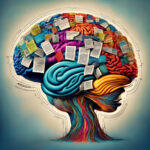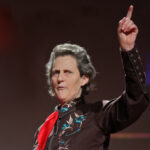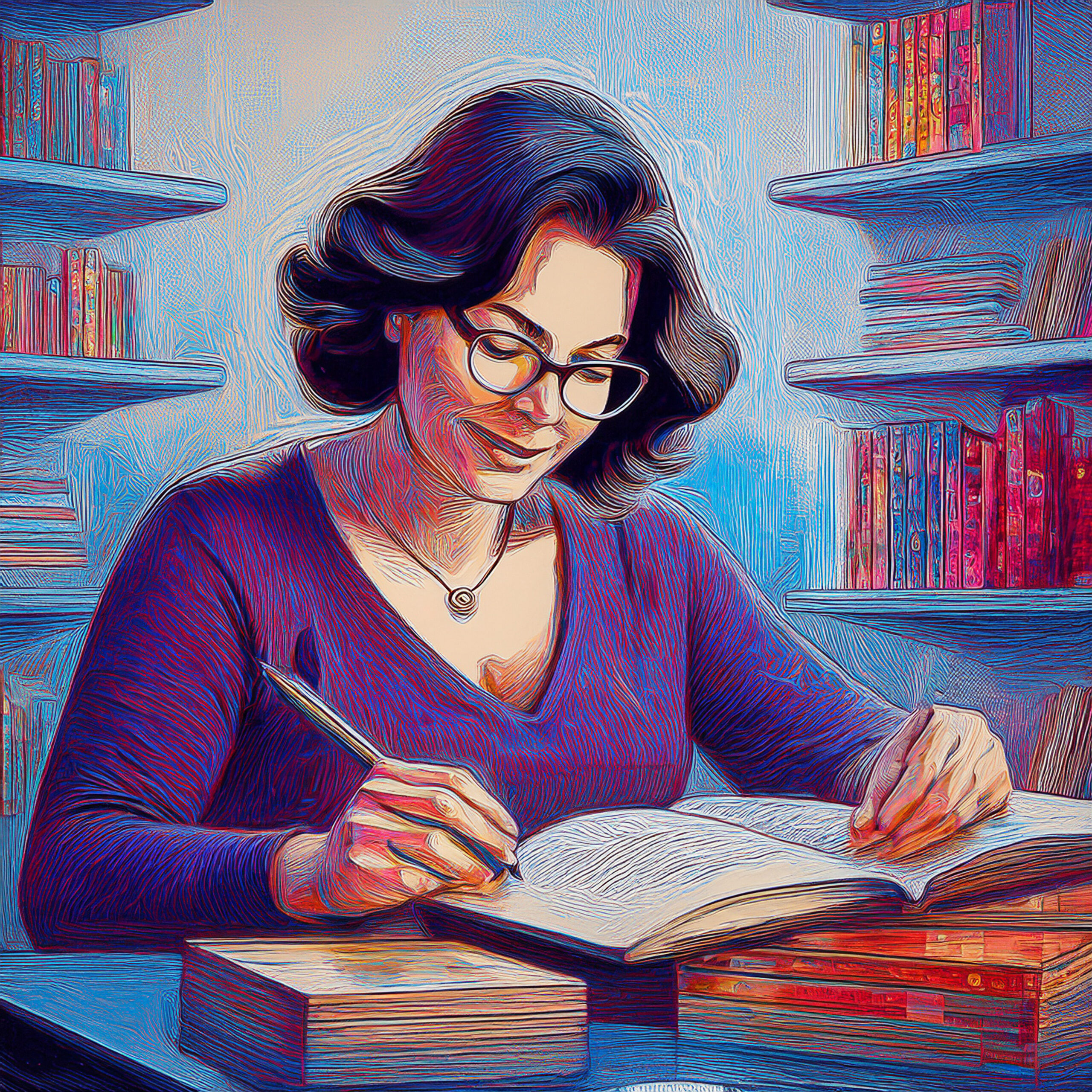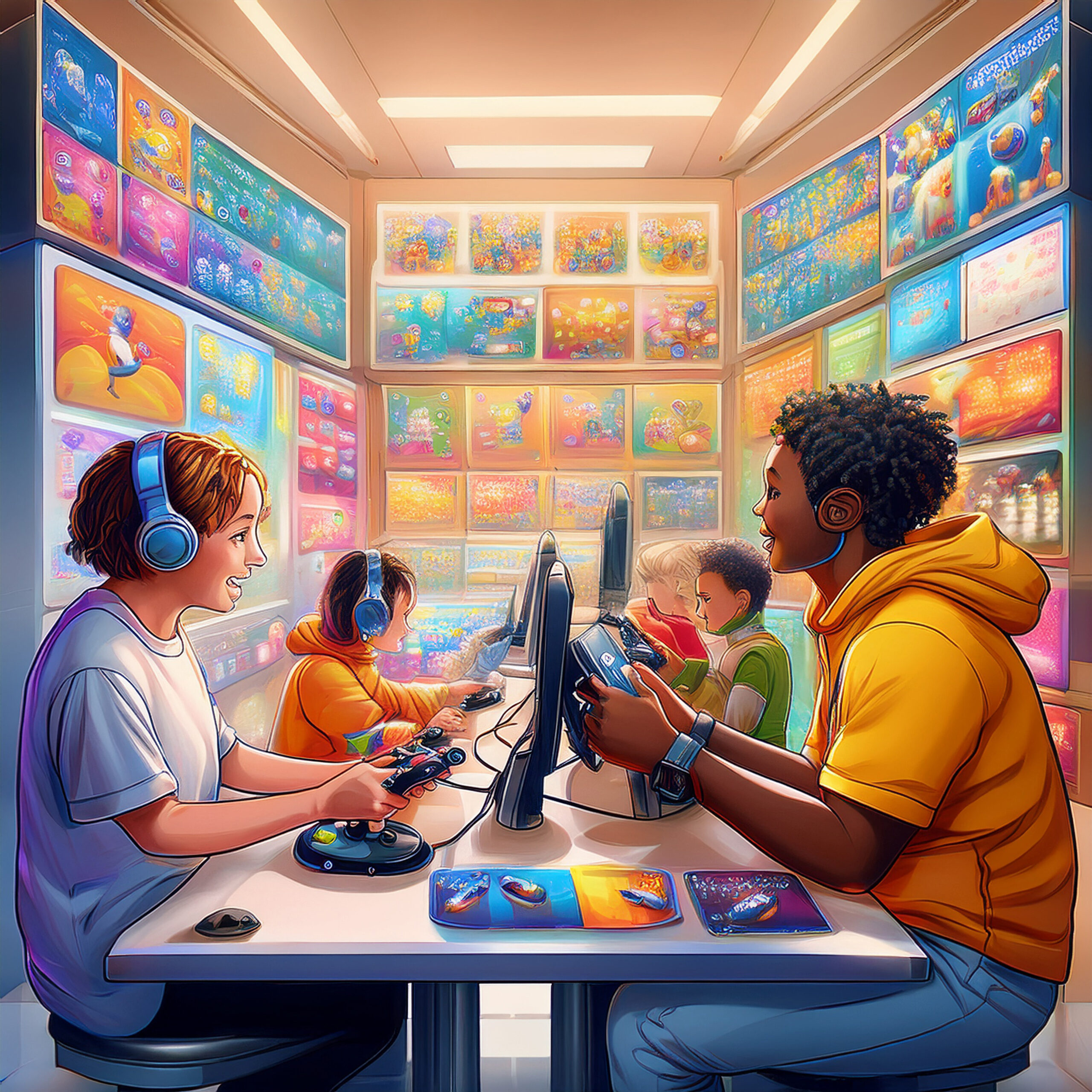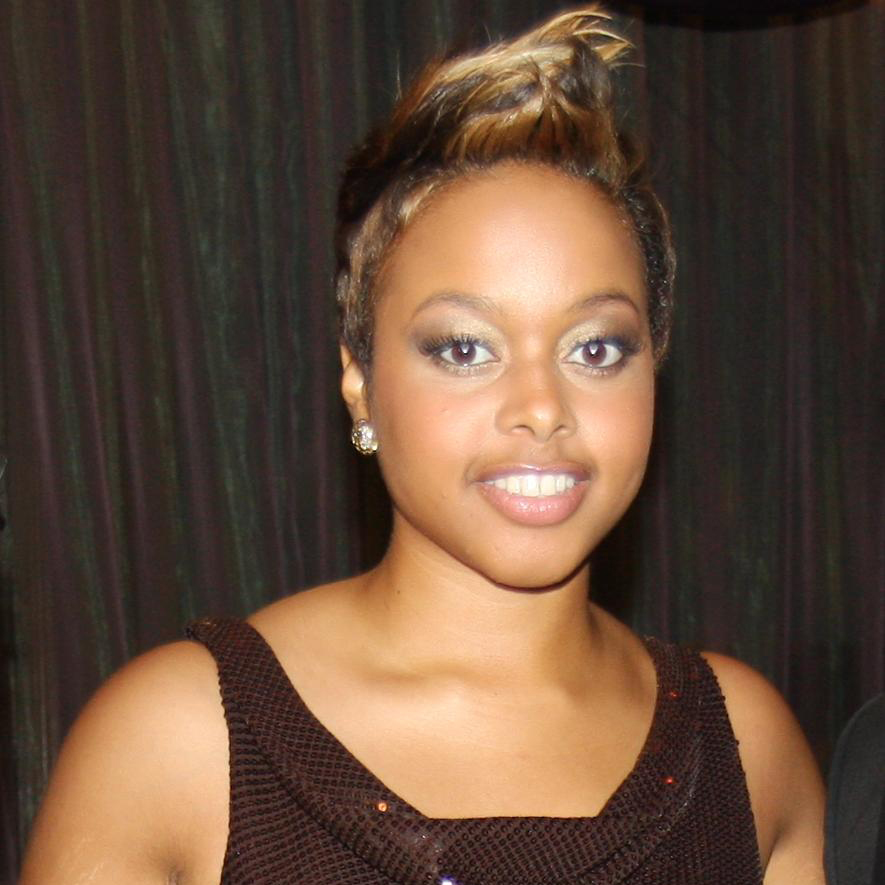Let’s address something important. Robert F. Kennedy Jr. recently claimed that autistic people “will never write a poem.” That’s not just off base, it’s simply wrong. If you’ve ever read a poem that made you stop and think, there’s a real chance you’ve already come across the work of an autistic poet. Let’s look at why Kennedy’s words don’t hold water, and highlight some poets, both past and present, who show that autism and poetry absolutely belong together.
When Words Miss the Mark
Kennedy’s remarks painted a bleak picture, suggesting autistic folks can’t hold jobs, play baseball, go on dates, or write poetry. That’s a sweeping generalization, and it’s not just inaccurate, it’s harmful. The autism community and their allies have been quick to respond. As one autistic poet, Elizabeth McClellan, put it, “I am not only living evidence that someone can be autistic and a poet, I will challenge RFK Jr. to write a poem as good as me any day of the week, because I don’t think he can do it.”
Autistic Poets: Past and Present
Here’s the thing. Autistic people have been writing poetry for ages. Sometimes their work is quiet and reflective, sometimes it’s bold and boundary-pushing. But it’s always theirs.
Contemporary autistic poets include:
- Elizabeth McClellan: An award-winning poet, editor, and legal advocate, Elizabeth McClellan’s work spans speculative fiction, science fiction, and fantasy poetry. She is known for her sharp wit, humor, and fearless exploration of themes like justice, identity, and neurodiversity. McClellan’s poetry is often deeply personal, drawing on her experiences as an autistic woman and activist. Her writing has appeared in numerous literary magazines and anthologies, and she is recognized for using her platform to amplify marginalized voices and challenge stereotypes about autism and creativity.
- David Miedzianik: David Miedzianik is one of the earliest openly autistic poets to gain recognition for his writing. His poetry and memoirs, including My Autobiography and Now All I’ve Got Left is Myself, offer an unfiltered look into the realities of living with autism. Miedzianik’s work is valued for its honesty, emotional vulnerability, and detailed observations of everyday life. He writes about loneliness, relationships, and the struggle to communicate, but also about hope and resilience. His contributions have paved the way for greater acceptance of autistic voices in literature.
- Hannah Emerson: Hannah Emerson is a non-speaking autistic poet whose chapbook, You Are Helping This Great Universe Explode, has received critical acclaim for its innovative use of language and form. Emerson’s poetry explores the boundaries of communication, often using repetition, rhythm, and unconventional syntax to convey emotion and sensory experience. Her work invites readers to rethink what poetry can be, especially when it comes from someone who communicates primarily through typing. Emerson’s poems are celebrated for their beauty, depth, and the way they offer a window into a different way of experiencing the world.
- Adam Wolfond: Adam Wolfond is a non-speaking autistic poet and artist whose collections, such as The Want Way, are known for their inventive language and unique structure. Wolfond’s poetry often focuses on sensory perception, movement, and the interplay between thought and language. He uses poetry as a tool for self-expression and as a way to challenge assumptions about what non-speaking autistic people can achieve. Wolfond’s work is collaborative at times, and he is involved in projects that explore neurodiversity, communication, and creativity through both words and visual art.
- Traci Neal: Traci Neal is a poet, spoken word artist, and advocate who was diagnosed with autism as an adult. Her poetry addresses her experiences as a Black autistic woman, often touching on themes of resilience, faith, and self-discovery. Neal’s work has been featured in anthologies, on NPR, and in various media outlets. She uses her platform to break down barriers and challenge stereotypes about both race and neurodiversity, inspiring others through her performances and outreach. Neal’s poetry is heartfelt and accessible, aiming to foster understanding and connection across communities.
And don’t forget the anthologies:
- Alongside We Travel: Contemporary Poets on Autism: Edited by Sean Thomas Dougherty, this anthology features poems from autistic poets as well as family members and caregivers. The collection covers a wide range of experiences, from daily challenges to moments of connection and hope. It’s praised for its honesty and emotional depth, offering readers a rare look into the creative lives of people on the autism spectrum.
- All the Weight of Our Dreams: On Living Racialized Autism: Edited by Lydia X. Z. Brown, E. Ashkenazy, and Morénike Giwa Onaiwu, this anthology gathers poetry and prose from autistic people of color. The book explores the intersection of race and neurodiversity, highlighting voices and stories that are often overlooked. It’s recognized for its powerful, firsthand accounts and its celebration of diversity within the autistic community.
What about the classics?
Some literary scholars have speculated that well-known poets from history, such as Emily Dickinson and Lewis Carroll, may have been autistic. This idea comes from examining their unique perspectives, unconventional writing styles, and personal habits that, looking back, seem to align with traits now associated with autism. For example, Dickinson was known for her reclusive lifestyle, intense focus on detail, and sensitivity to sensory experiences, all of which are common in autistic individuals. Lewis Carroll, author of Alice’s Adventures in Wonderland, was fascinated by logic, patterns, and wordplay, and often preferred routines and solitude. While it’s impossible to diagnose anyone from the past, considering these poets through a neurodivergent lens can offer fresh insights into their work and help us appreciate the long, rich history of diverse minds shaping literature. Their poetry continues to resonate with many autistic readers and writers today, showing that creativity and difference have always gone hand in hand.
Why Poetry and Autism Click
Poetry isn’t just about flowery language or perfect rhyme. It’s about seeing the world differently, noticing details others might overlook, and expressing feelings that don’t always fit into neat little boxes. That’s something a lot of autistic people do naturally.
- Many autistic poets use poetry as a way to process emotions, make sense of the world, and connect with others, even if spoken words are tricky.
- Some, like Adam Wolfond and Hannah Emerson, communicate primarily through writing. This shows that you don’t need to speak to have a powerful voice.
- Others, like Traci Neal, use poetry to challenge stereotypes and open doors for future generations.
Voices from the Autism Community
The autism community responded swiftly and thoughtfully to Kennedy’s remarks. Organizations like the Autism Society of Minnesota emphasized that autistic people do, in fact, write poems, fall in love, build careers, and contribute meaningfully to society. Their statement called Kennedy’s comments not only scientifically unfounded but also deeply stigmatizing, warning that such rhetoric can fuel discrimination and even violence against people with disabilities.
Many autistic adults and their families have also spoken out, sharing their achievements and lived experiences. Some have pointed out that, while a few people on the spectrum may need lifelong support, this does not diminish their worth or ability to experience joy and belonging. As Dani Bowman, a public figure from the show Love on the Spectrum, put it, autistic people have the same hopes, dreams, and awkward moments as anyone else.
Advocates and researchers agree: statements that erase the diversity and dignity of autistic people are not only inaccurate, they are harmful. The truth is clear in the lives and work of autistic poets and creators everywhere.
See for Yourself
Saying autistic people can’t write poetry just isn’t true. The proof is easy to find for anyone willing to read. Autistic poets are here. Their voices are strong, and they’re not going anywhere. Kennedy’s comments may have caused a stir, but the poetry stands on its own-clear, creative, and deeply human.
If you want to know what autistic people are capable of, just open a book of their poems. The words speak for themselves.
Citations:
- Elizabeth R. McClellan – Apex Book Company
- Elizabeth R McClellan – Haven Spec Magazine
- Talents Poetry Creative | PDF | Anger | Autism – Scribd (David Miedzianik)
- Adam Wolfond | Milkweed Editions
- JA JA JA NEJ NEJ NEJ (Hannah Emerson)
- “Yes” as Signature and Grounding: Hannah Emerson’s The Kissing … – The Rumpus
- Hannah Emerson – Keep Yourself at the Beginning of the Beginning – On Being
- Alongside We Travel: Contemporary Poets on Autism by Sean … – Goodreads
- Review: “Alongside We Travel: Contemporary Poets on Autism”
- NYQ Books – Alongside We Travel
- Five Poems from Alongside We Travel, Autism Anthology – Cultural Daily
- Contemporary Poets on Autism, Edited by Sean Thomas Dougherty … – Cultural Daily
- All the Weight of Our Dreams: The Anthology
- RFK Jr. said many autistic people will never write a poem – The Conversation (for historical poets)

